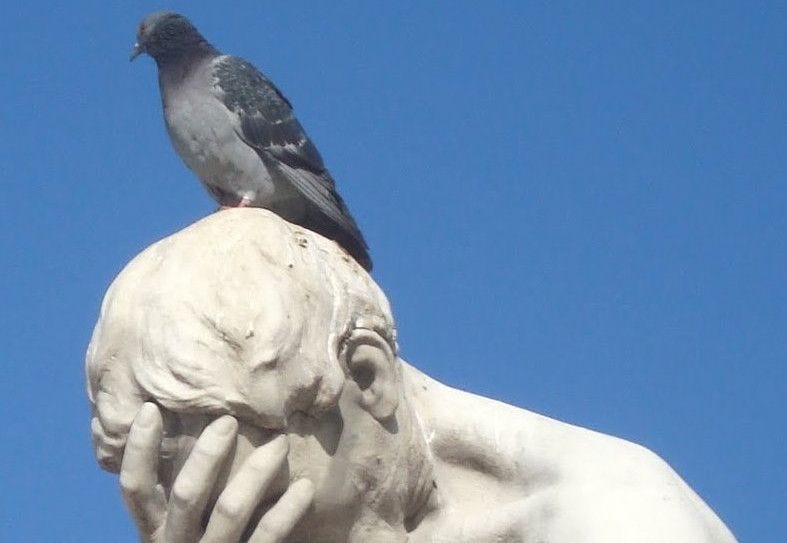A ‘pigeon pope’, groundhogs in Texas, and being pro-life in London
The Friday Pillar Post

Happy Friday friends,
And a happy feast of St. Fabian to all who celebrate it.
For those of you who don’t know, Fabian was elected pope in January 236, in the days before conclaves and cardinals. Papal elections as we now think of them were brought in first by Pope Nicholas II in 1059 with the bull In nomine Domini, but back in Fabian’s day papal successi…
